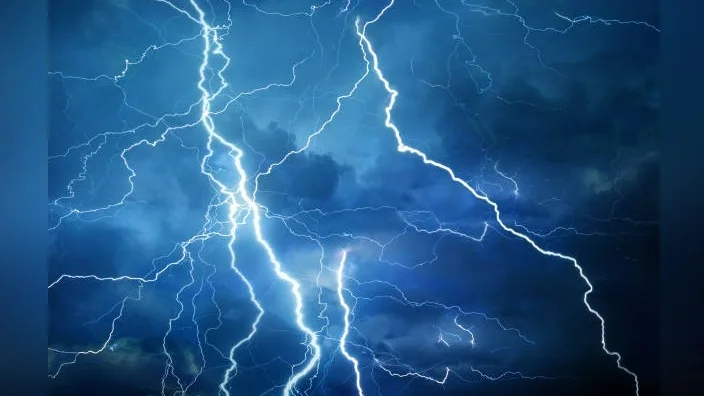Disney's live action remake of "Snow White" has prompted discussions around traditional fairy tales and their modern interpretations. The 2025 version of the classic story has been critiqued for its shift from the original narrative to focus on female empowerment, causing a loss of coherence.
These changes in fairy tale narratives are not unprecedented. Over the past hundred years, there has been criticism of fairy tales for their allegedly outdated themes. In 1938, J.R.R. Tolkien stated, “the ancient elements can be knocked out, or forgotten and dropped out, or replaced by other ingredients with the greatest ease,” warning that storytellers should remember that significant elements are often included based on literary 'significance.'
G.K. Chesterton suggested that the literary significance of fairy tales lies in their wonder. He explained, "all the fire of the fairy tales is derived from" magical wonder which parallels real life marvels, highlighting the hidden magic of everyday life.
Classic fairy tales often involve taboos and moral lessons. In the Brothers Grimm's tale, Snow White is initially tricked by the evil queen. Her eventual resurrection symbolizes salvation and the goodness of character, whereas the queen's demise represents unchecked vices.
The 2025 "Snow White" shifts from a love story to one of personal growth, with Rachel Zegler’s Snow White striving to become “someone who just might be brave / someone no one needs to save.” This modern narrative attempts to resonate with today's audiences, portraying Snow White as an independent leader.
However, C.S. Lewis noted in children’s literature, fairy tales "arouse a longing for he knows not what," providing a different understanding than supposedly realistic stories. Despite the adaptation's aim to modernize, the film struggles to provide the same enchantment as classic fairy tales, emphasizing social themes over magical narratives.
Some critics argue this approach leaves viewers more confused than charmed. Fairy tales traditionally offer narratives about love and adventure that contradict grim realities, suggesting hope and joy.
Tolkien characterized fairy tale endings as “a sudden and miraculous grace,” offering "a fleeting glimpse of Joy," advocating that even modern sensitivities should allow space for fairy tale wonder.
Lauretta Brown, culture editor for OSV News, contributed to this discussion, encouraging filmmakers to retain the joy and enchantment in classic fairy tales.
For further insights, follow Lauretta Brown on X @LaurettaBrown6.
###
 Alerts Sign-up
Alerts Sign-up






